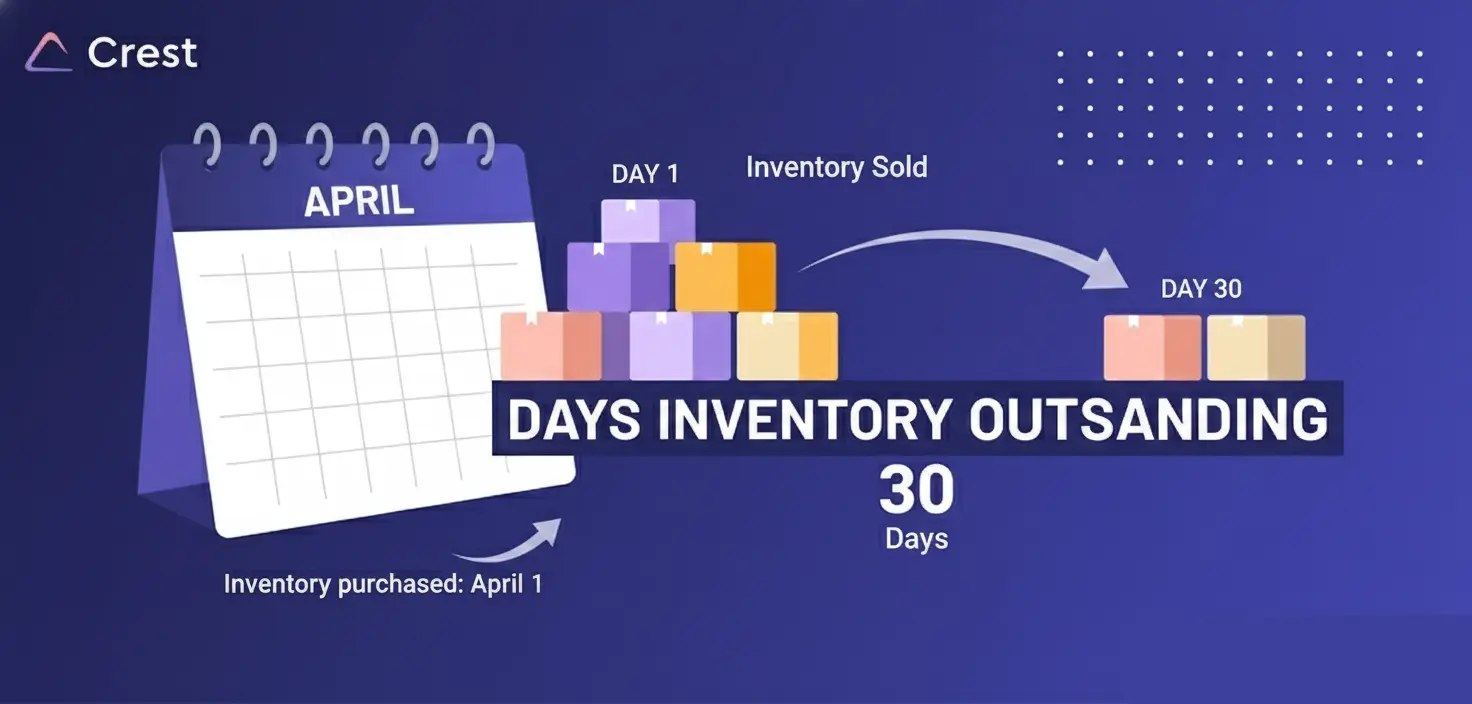In the fast-paced world of Quick-Service Restaurants (QSRs), staying ahead of the competition requires a strategic approach to inventory management. Efficient inventory planning not only ensures smooth operations but also impacts your bottom line and customer satisfaction. Utilise the mentioned actionable and practical insights to elevate your inventory management game and achieve lasting success for your QSR business.
Accurate Demand Forecasting
The first step in effective inventory planning is accurate demand forecasting. Analyse historical sales data to identify trends, seasonal patterns, and customer preferences. Leverage technology and data analytics to make informed predictions about future demand. By understanding your customers' preferences and consumption habits, you can ensure you have the right products in the right quantities at the right time, reducing food waste and avoiding stock outs.
💡TIP: Consider using a demand forecasting software that takes into account various factors like weather, events, and holidays to make more accurate predictions. By combining historical sales data with external factors, you can anticipate demand fluctuations more effectively.
Implementing a Just-In-Time (JIT) Approach
Adopting a Just-In-Time inventory management approach can be highly effective in the QSR industry. JIT helps reduce holding costs and wastage by ordering inventory only when it's needed, based on real-time sales data. This approach is especially beneficial for perishable items and helps maintain freshness and quality.
💡TIP: Consider establishing strong relationships with local suppliers to shorten lead times and reduce the need for excessive inventory storage. Frequent deliveries of fresh ingredients can significantly improve the quality of your offerings.
Supplier Collaboration and Negotiation
Maintaining strong relationships with suppliers is crucial for inventory management success. Collaborate with suppliers to ensure a steady supply of ingredients, consistent quality, and reliable delivery. Negotiate favourable terms-pricing and maintain open communication to adapt to changing demands quickly. Consider establishing long-term contracts with key suppliers to secure stability and better control over inventory costs.
💡TIP: Consider creating a Supplier Scorecard that assesses key performance indicators such as on-time delivery, product quality, and responsiveness. This tool will help you make data-driven decisions when choosing or evaluating suppliers. Offering to share your sales data with suppliers, can demonstrate transparency and build trust. This data exchange can enable them to plan their production and delivery schedules more efficiently, resulting in better inventory management for your business.
Centralised Inventory Management System
Invest in a robust inventory management system that integrates seamlessly with your point-of-sale (POS) system. A centralised system allows you to monitor inventory levels in real-time, track usage patterns, and automate reordering processes. This level of automation reduces the risk of human errors and ensures that inventory is replenished promptly.
💡TIP: Choose an inventory management system that offers mobile access and alerts which provide accessibility from anywhere and facilitate seamless coordination between multiple outlets. These tools facilitate quick and accurate data capture, reducing manual errors and saving time during stock taking processes. This way, you can monitor inventory levels and receive notifications even when you're away from the restaurant.
Regular Inventory Audits
Conduct regular inventory audits to maintain accuracy and identify discrepancies, theft, or spoilage. Create a culture of responsibility among your staff and train them to follow standard operating procedures for inventory management, emphasising the importance of integrity and adherence to best practices. This practice will help maintain inventory accuracy and uncover potential areas for improvement.
💡TIP: Use inventory audit data to identify areas where additional staff training may be needed. Educate your employees on the importance of accurate inventory management and how it impacts the business's bottom line.
In conclusion, mastering inventory management is key to running a successful Quick-Service Restaurant (QSR). By employing accurate demand forecasting, adopting a Just-In-Time approach, nurturing supplier relationships, investing in centralised systems, and conducting regular audits, you can optimise your inventory processes and pave the way for increased efficiency and profitability. Embrace these strategies, and your QSR will be well-positioned to thrive in the dynamic market, ensuring satisfied customers and a competitive edge. Learn more about Samosa Party, a famous QSR, and their success from creating a robust inventory management foundation.









